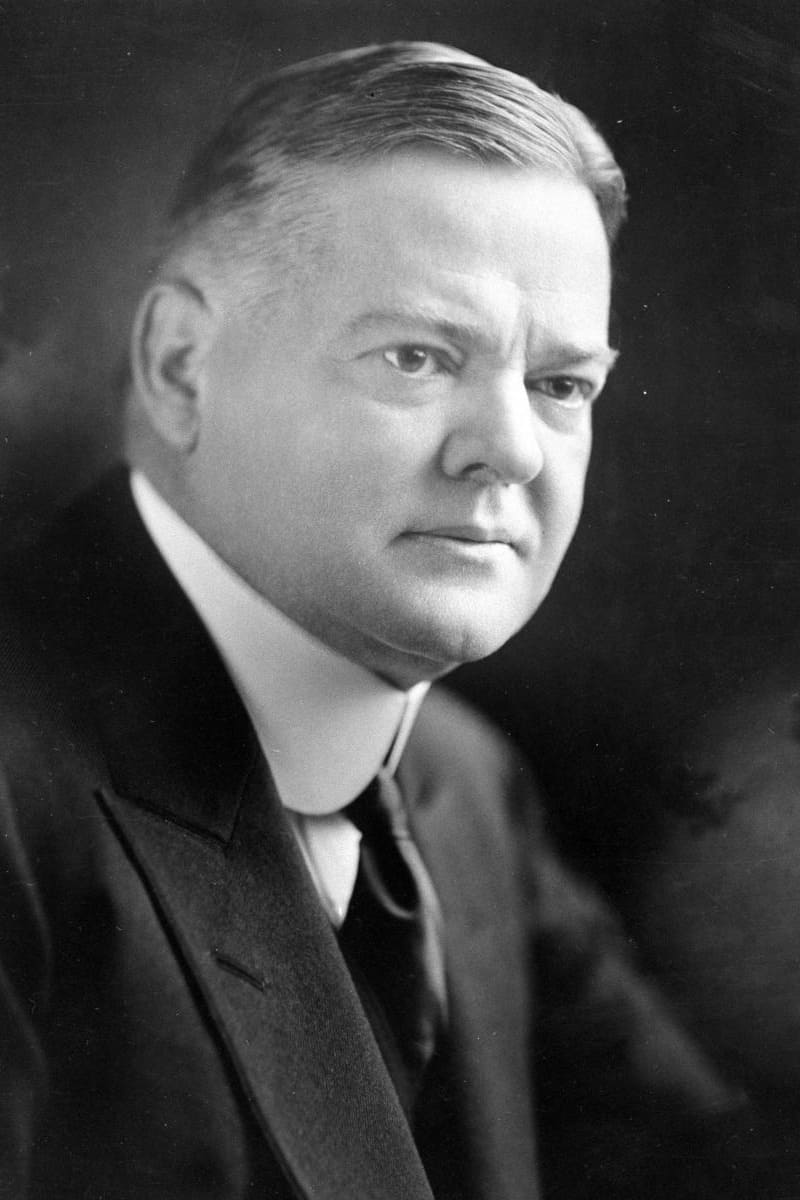
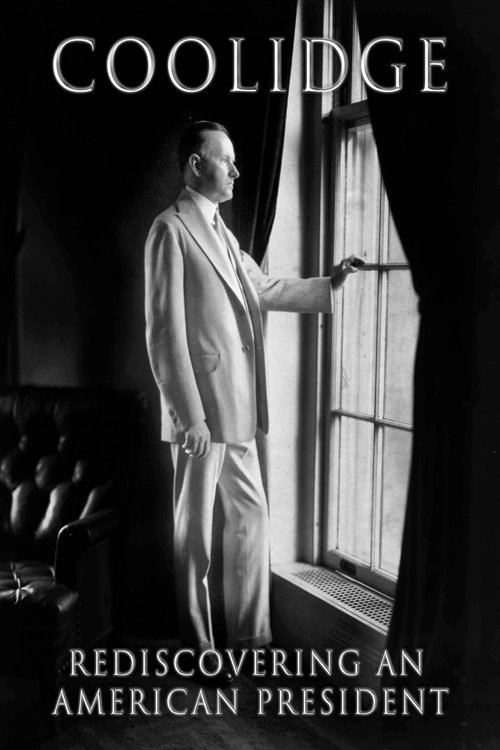
The first major documentary about CALVIN COOLIDGE, the man Ronald Reagan called “one of our most underrated presidents." The year 1923 brought one of the most unusual presidential inaugurations in American history. Vice President Calvin Coolidge was asleep at his childhood home in rural Vermont when the news came in: President Warren Harding was dead. By candlelight, Coolidge’s own father, a notary public, administered the oath of office to the new president. A century later, Coolidge stands as perhaps America’s most misunderstood and unjustly neglected president. A landmark new documentary film changes that
Former First Lady Lou Hoover’s home movies may be the earliest color home movies ever taken at the White House. The reels provide glimpses into the Florida fishing trip taken by Herbert and Lou Hoover in late January 1929, when he was President-elect. This would be the last vacation before assuming the Presidency on March 4, 1929, and before the burdens of his office began to wear on the First Family. Other reels capture playful scenes of grandchildren and vacation trips of taken by the Hoovers’ sons, and touristy images of Washington, DC, historic sites. Scenes of the White House gardens reflect Mrs. Hoover’s concept for the exterior appearance of the garden plots. The final reel of film shows the first color images of President Hoover in his morning routine of tossing a medicine ball with others. This activity would eventually become the game known as Hooverball.
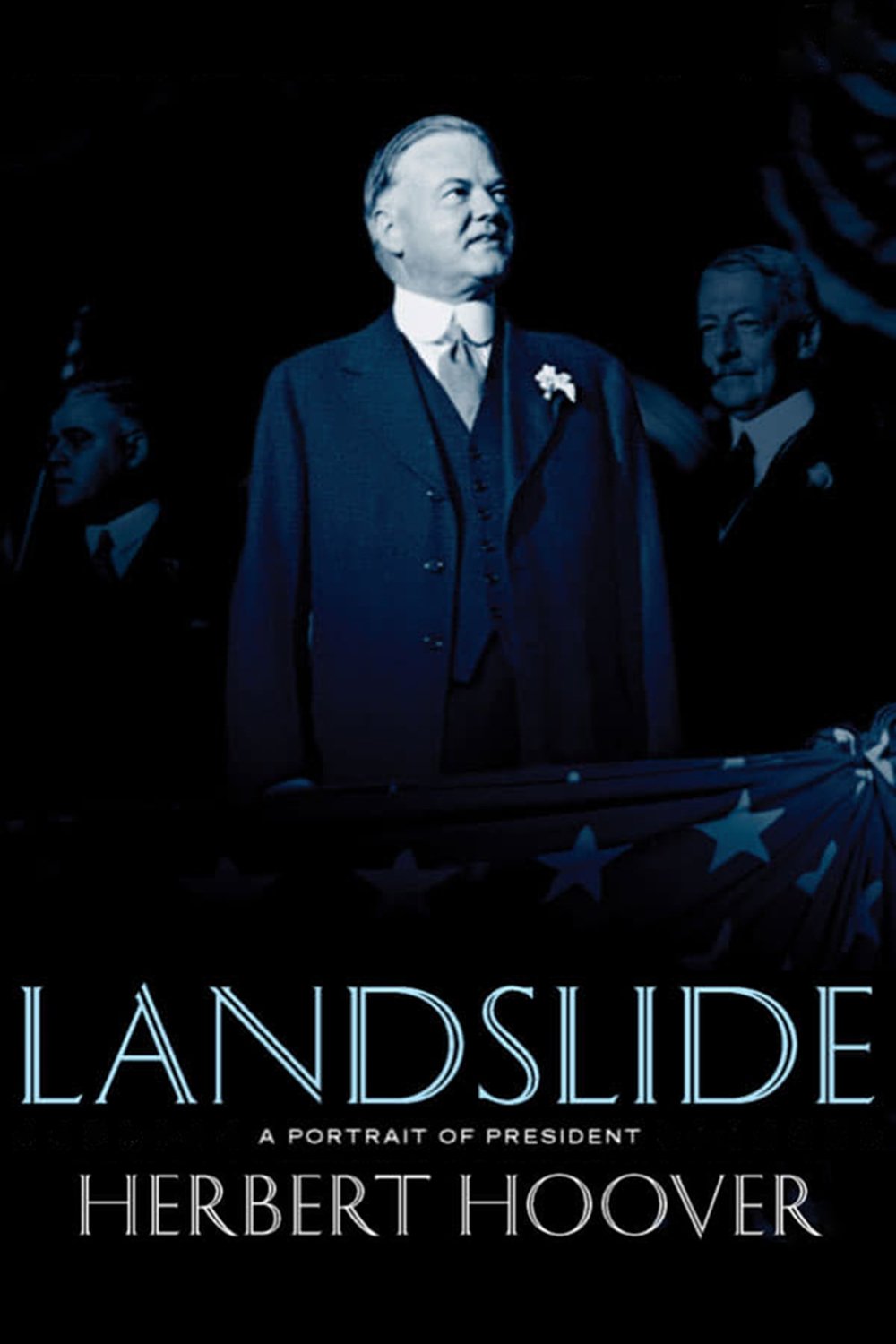
Documentary about personal life of Herbert Hoover's and his governmental career, profiles the former head of state's political philosophy, memorable election campaigns, Great Depression policies and more. Through interviews with scholars such as David Kennedy, Robert Reich and Tim Egan, this biography sheds new light on the underappreciated president's difficult tenure and enduring legacy.
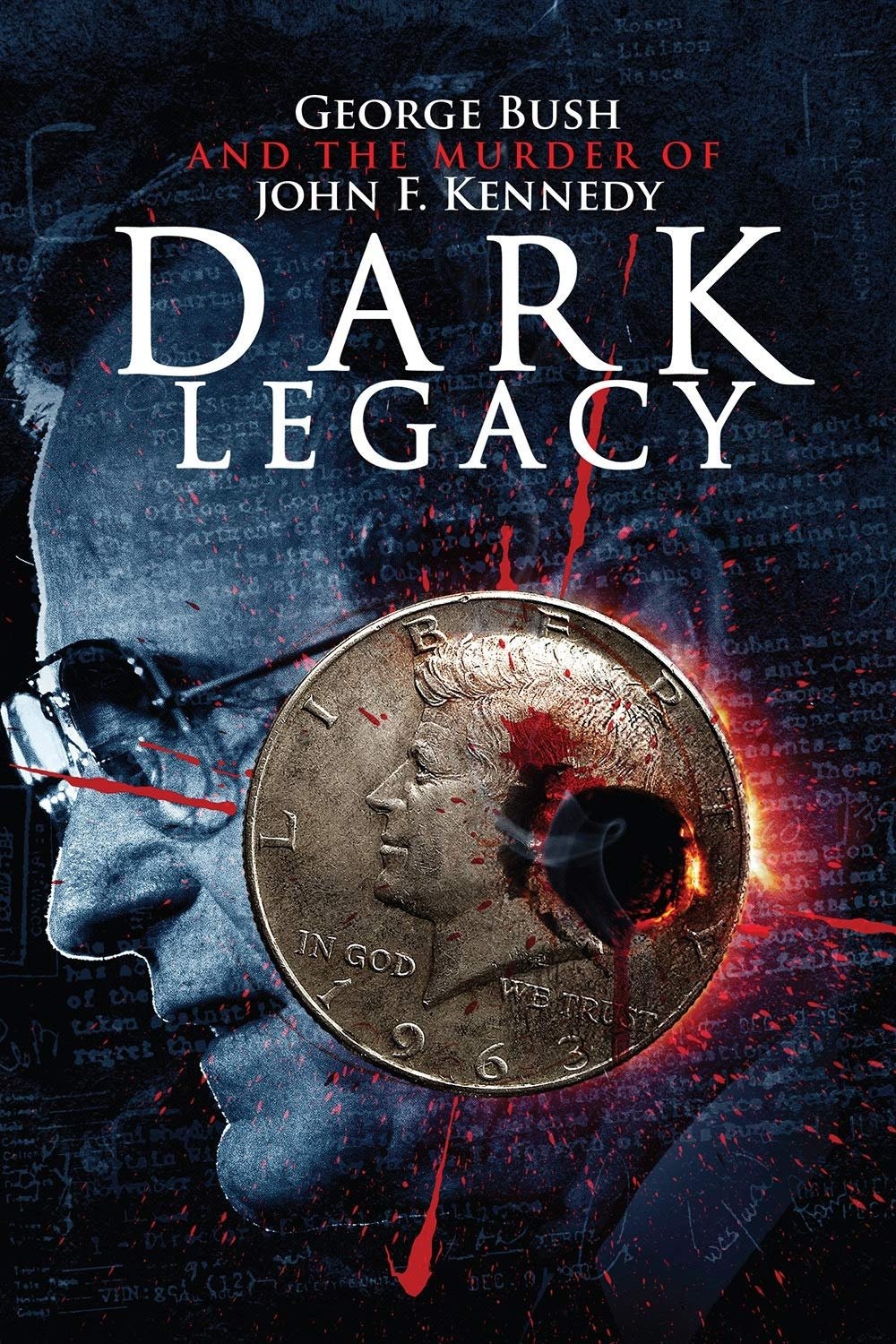
The death of John Kennedy is viewed through another angle in this conspiracy-themed film defending the theory that George Herbert Walker Bush was a key player in all aspects of the assassination of American president John F. Kennedy.
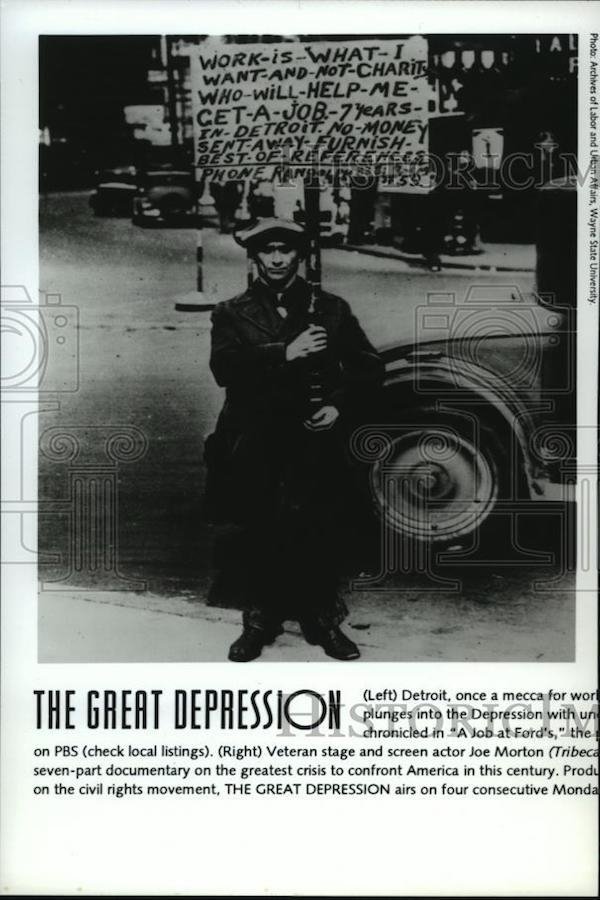
Just before the advent of the Great Depression, Henry Ford controlled the most important company in the most important industry in the booming American economy. His offer of high wages in exchange for hard work attracted workers to Detroit, but it began to come apart when Ford hired a private police force to speed up production and spy on employees. After the depression hit in 1929, these workers faced a new, grim reality as unemployment skyrocketed.
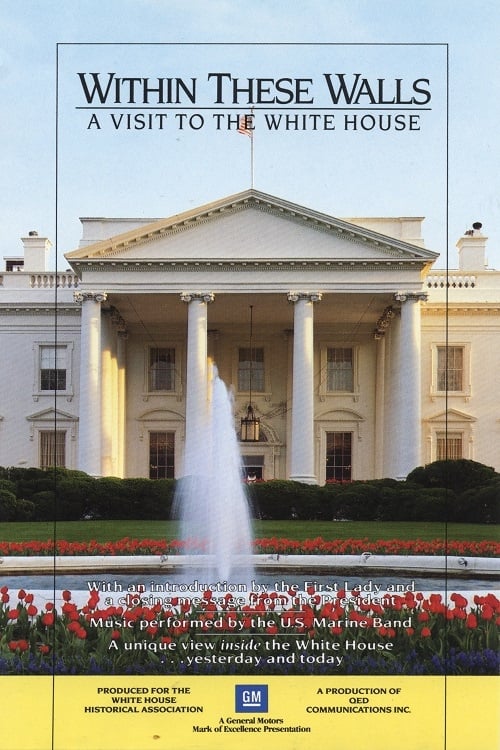
A special that takes a look inside the White House.
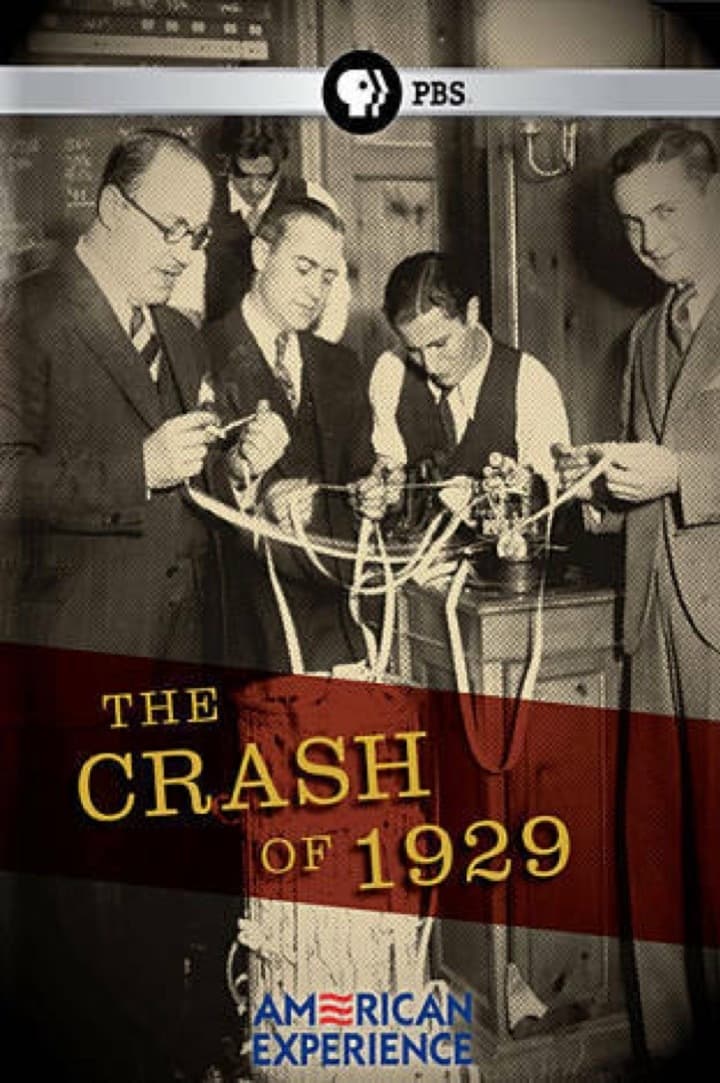
Based on eight years of continued prosperity, presidents and economists alike confidently predicted that America would soon enter a time when there would be no more poverty, no more depressions -- a "New Era" when everyone could be rich. But when reality finally struck, the consequences of such unbound optimism shocked the world.
Herbert Clark Hoover (August 10, 1874 - October 20, 1964) was an American politician and engineer who served as the 31st president of the United States from 1929 to 1933 and a member of the Republican Party, holding office during the onset of the Great Depression
By browsing this website, you accept our cookies policy.